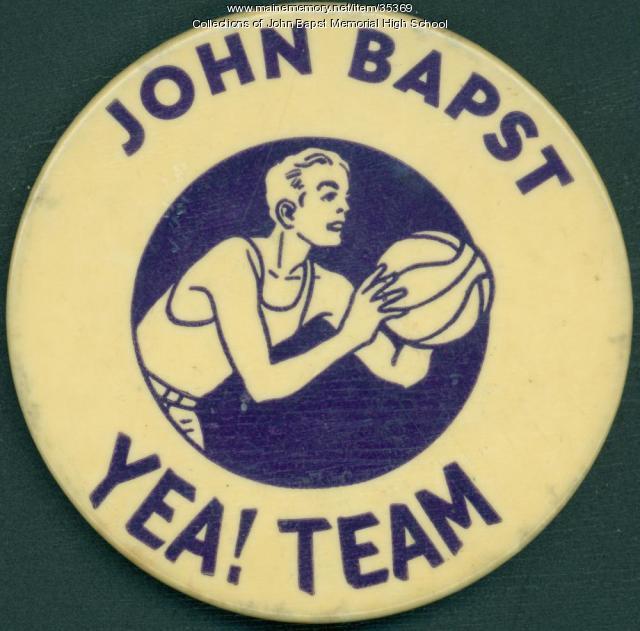Keywords: student protests
- Historical Items (6)
- Tax Records (0)
- Architecture & Landscape (0)
- Online Exhibits (11)
- Site Pages (2)
- My Maine Stories (2)
- Lesson Plans (2)
Online Exhibits
Your results include these online exhibits. You also can view all of the site's exhibits, view a timeline of selected events in Maine History, and learn how to create your own exhibit. See featured exhibits or create your own exhibit
Exhibit
Throughout the history of the state, residents have protested, on paper or in the streets, to increase rights for various groups, to effect social change, to prevent social change, or to let their feelings be known about important issues.
Exhibit
A Brief History of Colby College
Colby originated in 1813 as Maine Literary and Theological Institution and is now a small private liberal arts college of about 1,800 students. A timeline of the history and development of Colby College from 1813 until the present.
Exhibit
"Twenty Nationalities, But All Americans"
Concern about immigrants and their loyalty in the post World War I era led to programs to "Americanize" them -- an effort to help them learn English and otherwise adjust to life in the United States. Clara Soule ran one such program for the Portland Public Schools, hoping it would help the immigrants be accepted.
Exhibit
Father John Bapst: Catholicism's Defender and Promoter
Father John Bapst, a Jesuit, knew little of America or Maine when he arrived in Old Town in 1853 from Switzerland. He built churches and defended Roman Catholics against Know-Nothing activists, who tarred and feathered the priest in Ellsworth in 1854.
Exhibit
John Bapst High School was dedicated in September 1928 to meet the expanding needs of Roman Catholic education in the Bangor area. The co-educational school operated until 1980, when the diocese closed it due to decreasing enrollment. Since then, it has been a private school known as John Bapst Memorial High School.
Exhibit
Music in Maine - Community Music
"… repetitive movements, learn about job safety, and protest working conditions. Work songs feature “call and response” formats based on African songs…"
Exhibit
In 1857, when Daniel Cough left Amoy Island, China, as a stowaway on a sailing ship from Mt. Desert Island he was on his way into history as the first Chinese person to make his home in Maine. He was soon followed by a cigar maker and a tea merchant who settled in Portland and then by many more Chinese men who spread all over Maine working mostly as laundrymen.
Exhibit
Maine's Untold Vegetarian History
Vegetarianism has deep roots in Maine and this first-of-its-kind exhibition explores this untold story.
Exhibit
Immigration is one of the most debated topics in Maine. Controversy aside, immigration is also America's oldest tradition, and along with religious tolerance, what our nation was built upon. Since the first people--the Wabanaki--permitted Europeans to settle in the land now known as Maine, we have been a state of immigrants.
Exhibit
Begin Again: reckoning with intolerance in Maine
BEGIN AGAIN explores Maine's historic role, going back 528 years, in crisis that brought about the pandemic, social and economic inequities, and the Black Lives Matter movement in 2020.
Exhibit
Holding up the Sky: Wabanaki people, culture, history, and art
Learn about Native diplomacy and obligation by exploring 13,000 years of Wabanaki residence in Maine through 17th century treaties, historic items, and contemporary artworks—from ash baskets to high fashion. Wabanaki voices contextualize present-day relevance and repercussions of 400 years of shared histories between Wabanakis and settlers to their region.











